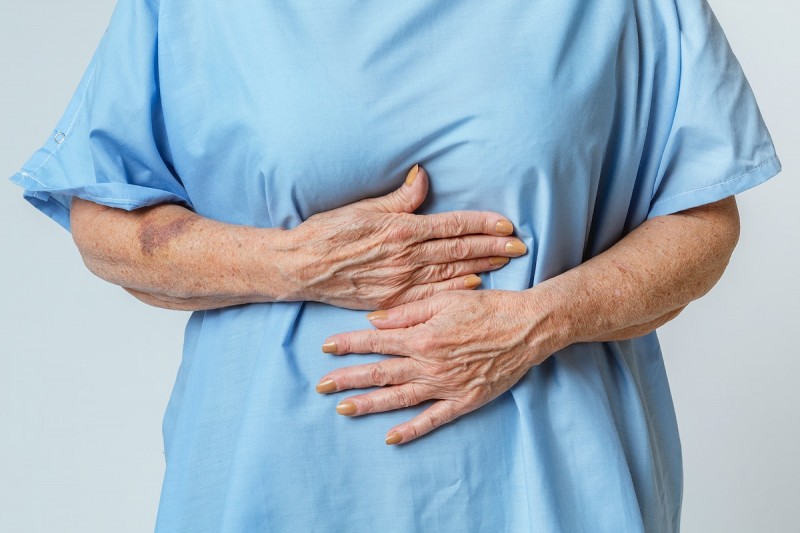
Stomach cancer, also known as gastric cancer, is a serious medical condition that can have a significant impact on one's health if not detected and treated early. Recognizing the symptoms of stomach cancer is crucial for timely diagnosis and effective treatment. In this article, we will explore the various signs and symptoms associated with stomach cancer and provide valuable information to help you stay informed about this condition.
Before diving into the symptoms, it's essential to have a basic understanding of stomach cancer. Stomach cancer develops when abnormal cells in the lining of the stomach grow uncontrollably, forming a tumor. This tumor can then invade nearby tissues and spread to other parts of the body. Early detection is key to improving the prognosis of stomach cancer, so being aware of its symptoms is vital.
Persistent Abdominal Pain: One of the primary symptoms of stomach cancer is persistent, unexplained abdominal pain. This pain is often located in the upper abdomen and may worsen after eating.
Unintended Weight Loss: Individuals with stomach cancer may experience unexplained weight loss, even when they are not actively trying to lose weight. This can be a sign that the body is not absorbing nutrients properly.
Loss of Appetite: A sudden decrease in appetite or feeling full after eating small amounts of food can be indicative of stomach cancer.
Nausea and Vomiting: Frequent nausea and vomiting, especially after meals, can be a symptom of stomach cancer.
Difficulty Swallowing: As the tumor grows, it can obstruct the passage of food through the esophagus, leading to difficulty swallowing, known as dysphagia.
Bloody Stools: Stomach cancer can cause bleeding in the stomach or digestive tract, leading to the presence of blood in stools, which may appear black and tarry.
Fatigue: Feeling extremely tired or weak, even after getting adequate rest, can be a symptom of stomach cancer.
Heartburn or Indigestion: Chronic heartburn or indigestion that doesn't respond to over-the-counter medications can be a warning sign.
Bloating: Frequent bloating, often accompanied by discomfort, can be another symptom to watch for.
Jaundice: In advanced stages of stomach cancer, jaundice (yellowing of the skin and eyes) may occur due to liver involvement.
Swollen Abdomen: A distended or swollen abdomen, often associated with a feeling of fullness or pressure, can be a late-stage symptom.
Changes in Bowel Habits: Persistent diarrhea or constipation may be indicative of stomach cancer.
If you or someone you know experiences any of these symptoms, especially if they are persistent and unusual, it is essential to consult a healthcare professional promptly. Early detection and diagnosis can significantly improve the chances of successful treatment.
Recognizing the symptoms of stomach cancer is the first step towards early diagnosis and effective treatment. Keep in mind that while these symptoms can be associated with stomach cancer, they can also be caused by other medical conditions. Therefore, it's crucial to consult a healthcare provider for a proper evaluation and diagnosis if you suspect any health issues.
Stay vigilant, listen to your body, and prioritize your health. By being informed and proactive, you can take the necessary steps to address any potential health concerns related to stomach cancer.
Why lifting weights is beneficial to women's health ?
Can You Make Up for Missed Sleep?
Benefits of probiotic, prebiotic, and postbiotic supplements